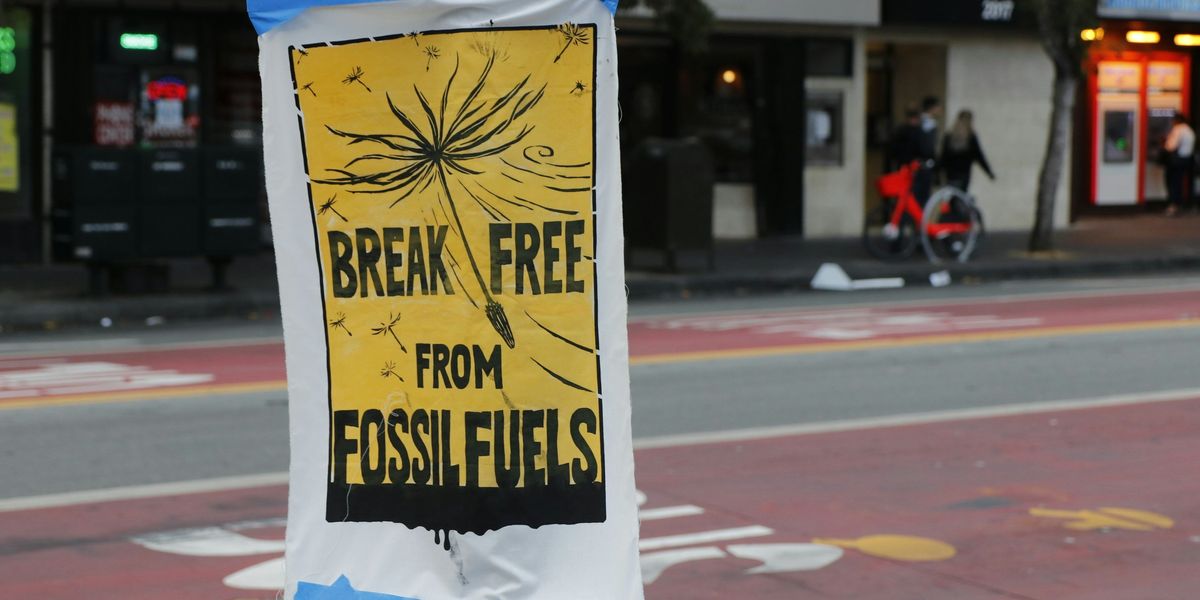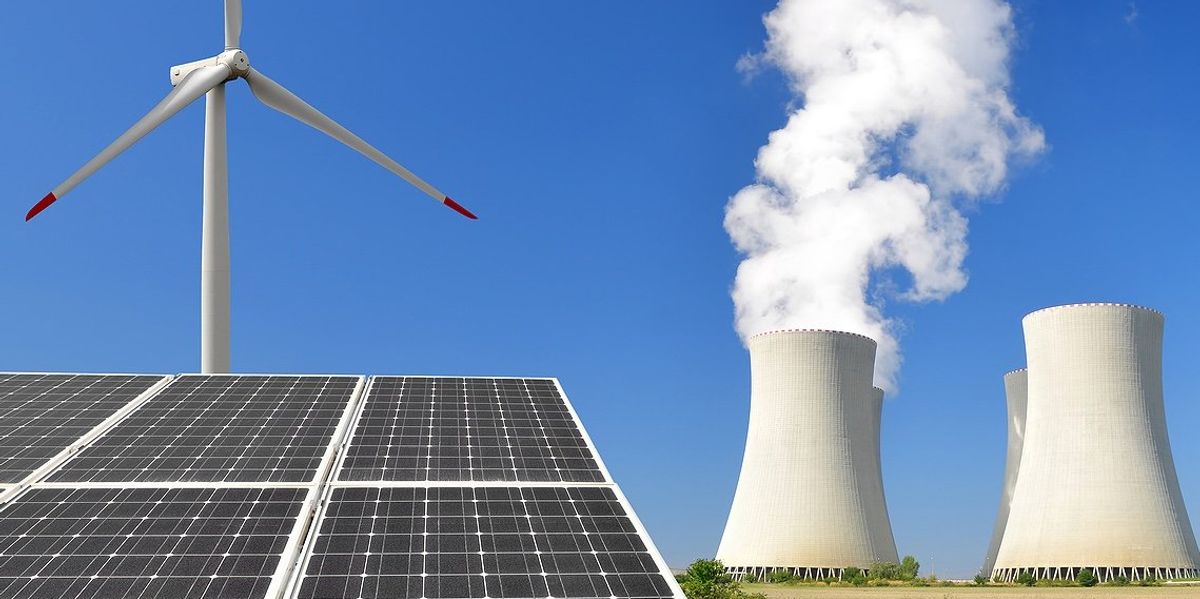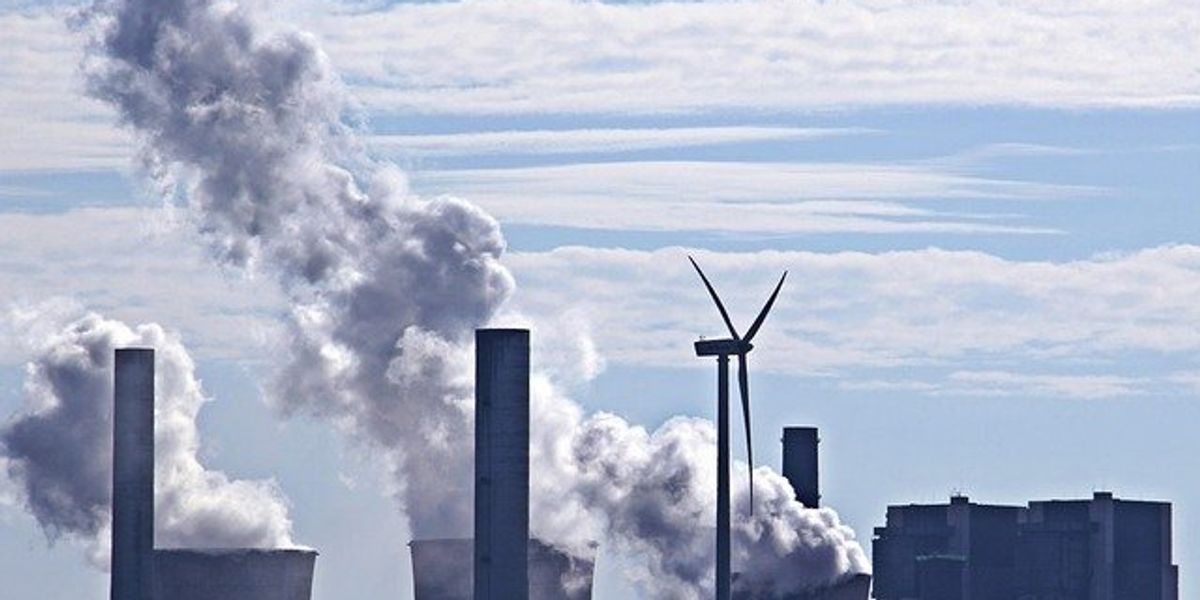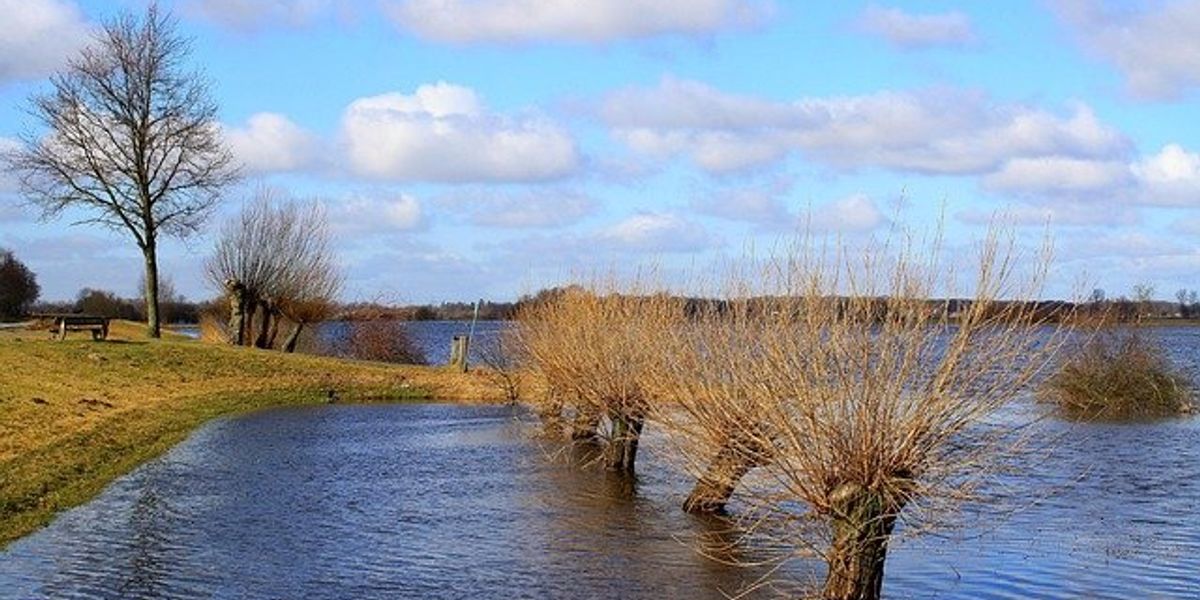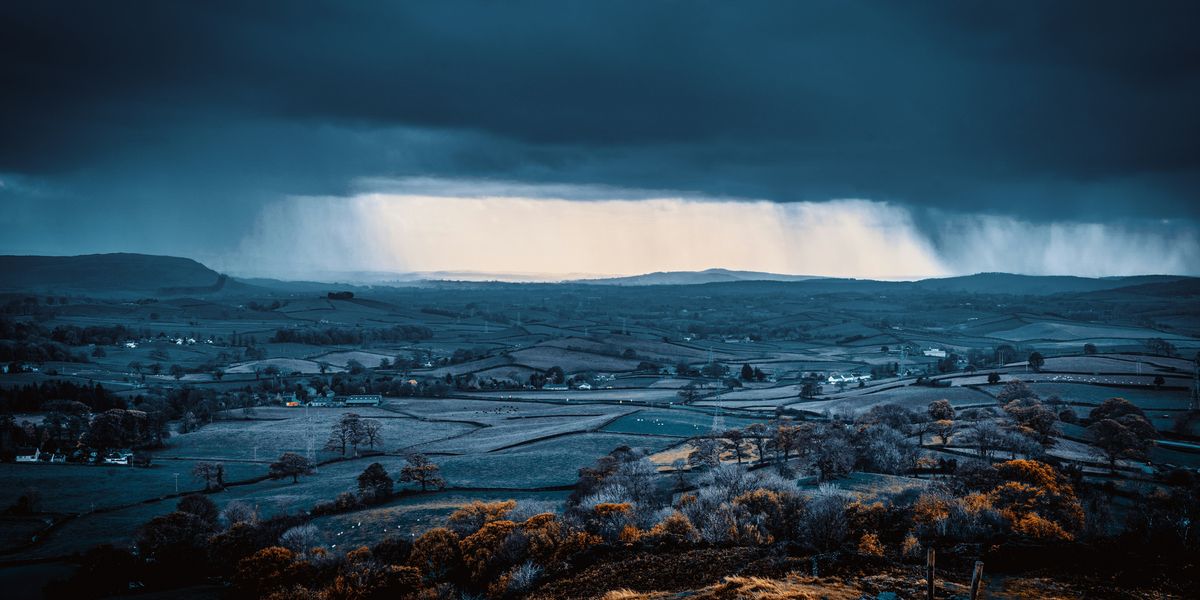
Cranberry bog restoration reshapes coastal defenses
Massachusetts conservationists are transforming retired cranberry farms into wetlands to fight climate change, protect water supplies and bolster coastal resilience.
Anna Phillips reports for The Washington Post.
In short:
- Cranberry farming in Massachusetts has declined due to falling prices, climate pressures and increased competition, prompting conservationists to buy and restore dormant bogs into wetlands.
- Restored wetlands improve coastal resilience by filtering pollutants, absorbing floodwaters and providing wildlife habitats, with 400 acres already converted and more projects planned.
- Climate challenges like extreme weather, droughts and warm nights have made cranberry farming harder, while conservation offers farmers financial support and a way to preserve family legacies.
Key quote:
“You don’t get the benefit of rebuilding a real rich, diverse, and fully functioning wetland if you just let these bogs go.”
— Brendan Annett, Buzzards Bay Coalition
Why this matters:
Restoring wetlands from cranberry bogs offers environmental benefits like carbon absorption and storm protection while supporting local communities. For cranberry farmers whose livelihoods have been squeezed by droughts, warm nights, and cheaper berries from abroad, the restoration projects bring financial relief— and a chance to preserve land their families have tended for generations. Read more: Wetland protections remain bogged down in mystery.


